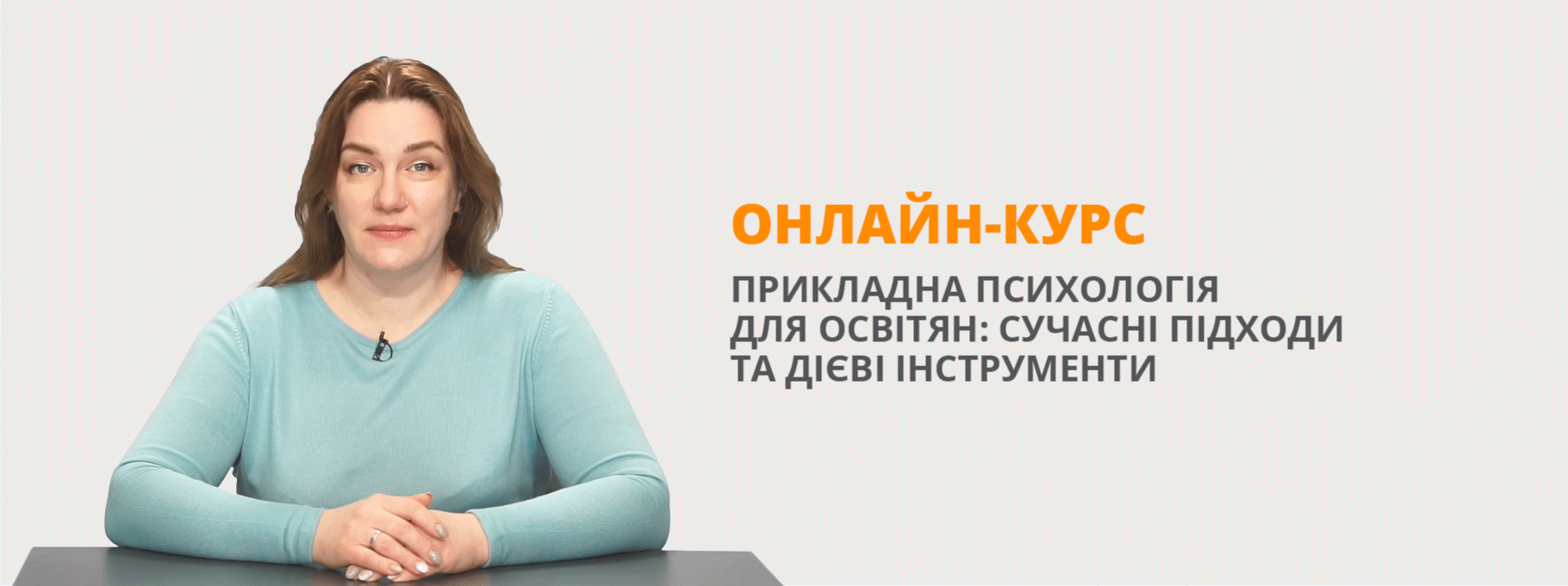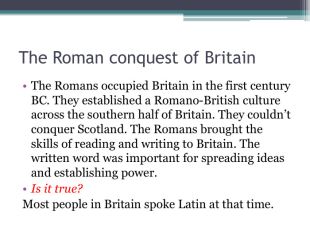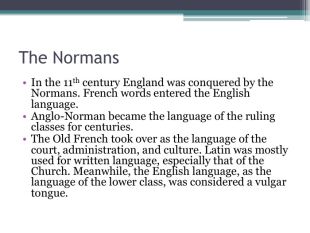Презентація "The History of Britain. Invasions"
Про матеріал
Презентація з історії завоювань території сучасної Великобританії і їх вплив на формування сучасної англійської мови. Можна використати для курсу Література Великобританії Перегляд файлу
Зміст слайдів
Середня оцінка розробки
Оцінки та відгуки
pptx
Оцінка розробки


Безкоштовний сертифікат
про публікацію авторської розробки
про публікацію авторської розробки
Щоб отримати, додайте розробку
Додати розробку




















